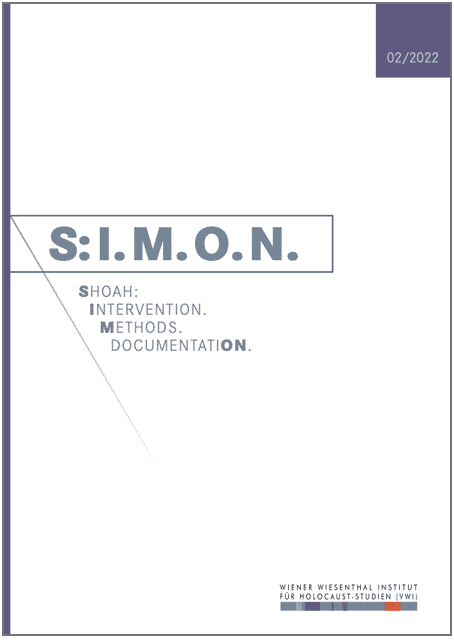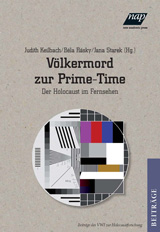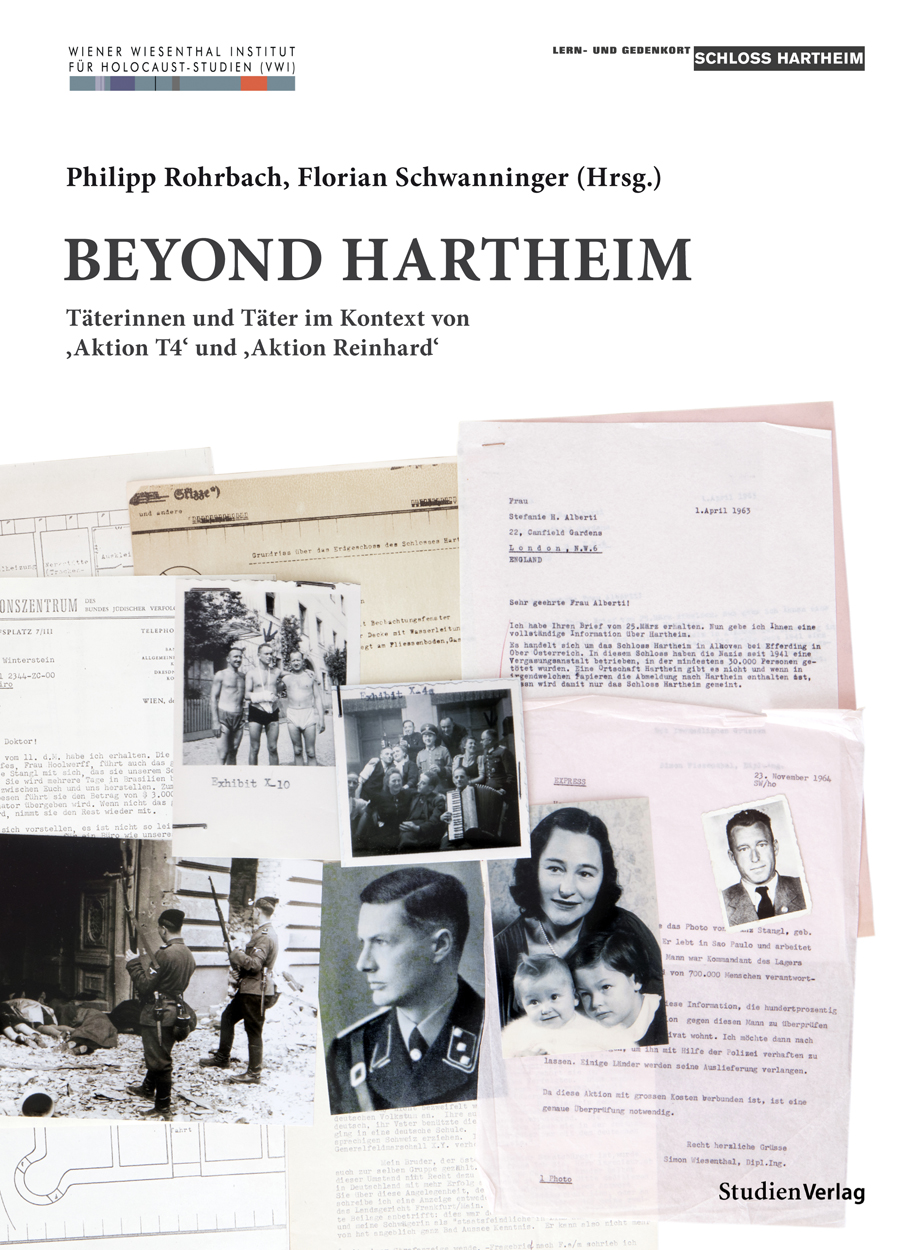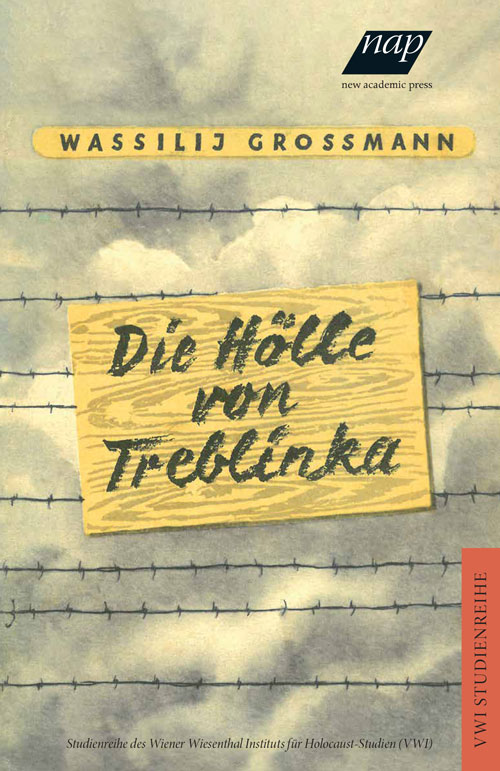Call for Papers for the Simon Wiesenthal Conference 2015:
Modern Antisemitism(s) in the European and Colonial Peripheries from the 1880s to 1945.
Vienna, 30 November 2015 – 2 December 2015
Studies of modern antisemitism have focused primarily on Germany, as both the country where the phenomenon is seen to have originated and where it reached its genocidal culmination in the Holocaust. This has led to an all too frequent identification of antisemitism with racial theories developed in Western Europe in the second half of the nineteenth century that came at the expense of the multiplicity of forms antisemitism took in spaces considered ‘peripheral’ to the European ‘centre’. Inextricably linked with the spatially and temporally uneven processes of modernisation, a plurality of modern antisemitisms became prominent during the same period in Europe’s ‘peripheries’ – East, North and South, as well as in the colonies – reflecting both transfers and imports of concepts developed in the European ‘centre’, on the one hand, and specificities related to distinct developmental paths, including different religious traditions in spaces less affected by industrial development. Similarly, the majority of studies dealing with antisemitism have focused primarily on antisemitic ideas and ideologies, displaying an interest in intellectuals and elites that has often ignored ‘popular’ antisemitisms visible among other social groups, such as peasants or workers, or indeed the reception and impact of antisemitic intellectuals among the general public.
As such, the present conference seeks to nuance such narratives by bringing into discussion views from the peripheries. In this context, the concept of modern antisemitism is seen not as an exclusive product of a centre that was consequently transferred to the peripheries, but rather in the framework of the entanglements between such transfers and local patterns of exclusion, producing a plurality of narratives and forms of prejudice that in turn affected the racist concepts developed at the centre.
Similarly, the concept of ‘peripheries’ is understood not only in a narrow geographical sense, but in a more complex and multi-faceted one, comprising not just spaces within Europe or outside it that were peripheral to the Western European-driven process of modernisation, but also spaces within countries (peripheral regions, from a developmental point of view, including the important distinction associated with the urban/rural divide), urban centres (exploring the power relations visible in the geography of the cities and their impact on Jewish neighbourhoods, for example), societies (subcultures, as well as minority or critical perspectives within the ‘centre’ challenging mainstream narratives), social reproduction structures in peripheral capitalism, etc.
The development of modern antisemitisms in the peripheries was often articulated in the framework of debates on issues related to notions of ‘backwardness’. They were also accompanying a gradual process of secularisation, albeit one that often proceeded at a different pace than the one in Western Europe, and the emergence of modern notions of citizenship that acutely raised the question of the boundaries of the body politics, and of the inclusion in or exclusion from the political process not only of minority groups, defined along ethnic or religious lines, but also of women, workers and peasants. Challenging narratives that identify too straightforward a link between processes of Jewish emancipation and the rise of modern antisemitism, the conference seeks to go beyond traditional discourses of ‘identity’ and generate a discussion on the multiple intersections, overlaps, and tensions between identifiers such as class, ethnicity, gender, race, and religion, and the impact these had on the development of antisemitic discourses.
The conference will seek to elaborate on the similarities and differences between modern antisemitism and racism, to find out whether there were any ideological bonds, social, historical and/or cultural parallels in the transmission of the political programme of modern antisemitism and racism. Considering also the numerous examples of transnational contacts between antisemites and the emergence of transnational antisemitic networks, the conference will try to clarify how the communication, cooperation and transfer of ideas worked between the centre and the peripheries, where the meeting points of persons, organisations, and ideas were, and what was the impact of such networks on the antisemitic tropes and discourses developed in the peripheries. In doing so, the attempt is to challenge not only narratives that argue for a unilateral influence of the ‘centre’ in the development of modern antisemitism, asking instead to what extent it is more appropriate to speak of a two-way ‘travel’ of antisemitic ideas and of a plurality of models mutually influencing and reinforcing one another, but also to question the very (Western European) notion of a ‘periphery’.
The conference will thus address the following questions:
- Modern antisemitism and the boundaries of citizenship: were there any potential connections between the uneven processes of Jewish emancipation and the rise of popular and ‘elitarian’ antisemitisms in the peripheries?
- Intersections of class, gender, ethnicity, race and religion in the context of the development of modern antisemitisms in the peripheries
- The relationship with other forms of exclusion of minority groups in the context of nation-building processes; can we identify a unique or exceptional character of antisemitism or is it better understood in the framework of broader exclusionary patterns?
- In light of the connection between antisemitism(s) and nationalism(s), what were the links between the development of modern antisemitism(s) and the emergence of Zionism?
- Transnational networks and international antisemitic congresses; histoire croisée perspectives supplanting the state-centred approach to the study of antisemitism to accommodate a transnational and multi-dimensional outlook
- Relationships to religious traditions (within Christianity – e.g. Catholicism in the South and Orthodoxy in the East – and in non-Christian contexts) and with the pre-modern legacies of religious exclusion; processes of secularisation (of both Jewish and non-Jewish communities) and the link to the development of modern antisemitisms in the peripheries
- The problematic distinction between so-called direct (everyday) antisemitism and indirect (ideological) antisemitism
- Social history perspectives on the reception of antisemitic concepts at the level of society at large and of its manifestations among other social categories than intellectuals/elites
- Antisemitism and processes of identity-formation; social psychology approaches to understanding antisemitisms in the peripheries
- The ‘socialism of fools’? Displacements of tensions and antagonisms between social classes unto antisemitic discourses
- The Judeo-Bolshevik trope in the interwar period and its role in displacing internal conflicts (workers’ and peasants’ unrest) and external threats (the Soviet Union for Central and Eastern European states); the development of new forms of antisemitism in relation to perceptions of the Russian Civil War and related conflicts: Polish-Soviet War, wars in the Baltic states
- The Soviet conceptualisations of antisemitism and its association with the ‘backward’ Tsarist legacy: Marxist interpretations, emancipatory drive and persecution of religious Jewish communities
- Jewish reactions to antisemitism in the peripheries and opposition to antisemitism by Jewish and non-Jewish intellectuals
The conference languages will be German and English. You are invited to enter either an individual contribution or a complete panel (no more than four contributions).
The VWI will cover accommodation fees. The institute is also endeavouring to find separate funding for travel costs.
Applications should be written in German or in English and include an outline of the topic of no more than 600 words, as well as a short CV and a list of publications. Please send your application by email with the subject “SWC 2015” to Diese E-Mail-Adresse ist vor Spambots geschützt! Zur Anzeige muss JavaScript eingeschaltet sein! no later than 11 October 2015.
The conference will be conducted in English and German. A publication is intended.









